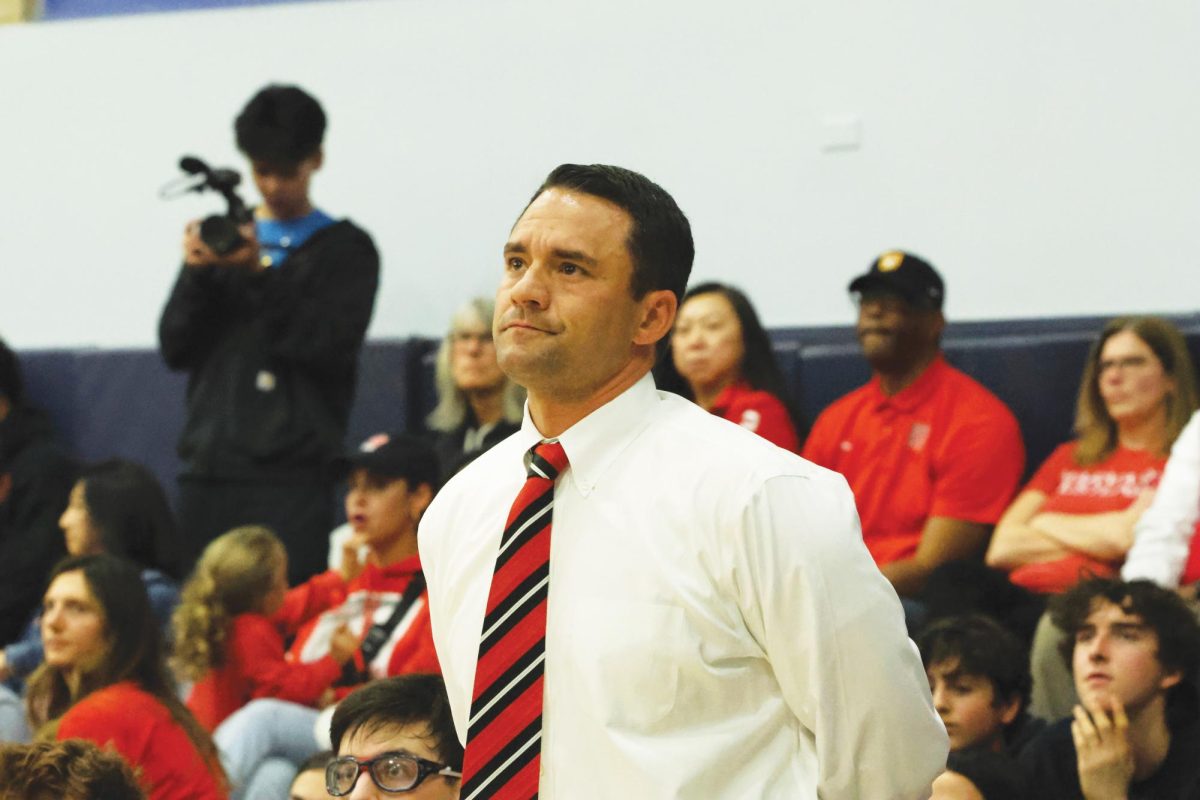By Spencer Gisser
An article recently published by the American Psychological Association concluded that sleep deprivation may undermine teen health.
Teens need more sleep than adults as the body and mind develops and grows. The article published by the APA characterized the sleep deprivation most teenagers experience as “tantamount to abuse.”
Mary A. Carskadon, Ph.D. said that teens get an average of seven and a half hours of sleep on school nights, far short of the nine and a quarter hours of sleep that teens biologically require.
In studies on teens that Carskadon has conducted, teens showed signs of narcolepsy, a major sleep disorder. In a matter of minutes, teens would fall into a deep REM sleep, a state usually attained in adults after sleeping for 30 minutes.
According to Carskadon, sleep deprivation can lead to depression over a long period of time.
Taking extra naps over the weekends helps stem the reservoir of overdue sleep that teens build up, but naps are at the cost of interrupting circadian rhythms, the body’s natural cycles of wake and sleep.
Offset circadian cycles may result in falling asleep during the day while staying awake at night, for example.
Sleep experienced while circadian rhythms are telling the body to wake up can be very restless and low-quality, making the little sleep that teenagers do get count for even less.
A study published in the medical journal Neuroendocrinology Letters by Rensselaer Polytechnic Institute concluded that teenagers who do not receive enough blue light, such as is found in sunlight, suffer from an interrupted circadian rhythm.
Matthew Goldhaber ’11 agreed with the conclusion. “It’s probably a combination of stress and lack of sunlight, but I do think that lack of sunlight can definitely affect a sleep cycle,” he said.
The off-set circadian rhythm in teenagers is being described as “teenage night owl syndrome” by sleep researchers, said Mariana G. Figueiro, a member of the institute’s Lighting Research Center.
Specifically, the absence of enough blue light is to blame for offset circadian rhythms in teens. Blue wavelengths of light can be found in white light, which is a mixture of many wavelengths of light. According to Figueiro, daylight is the best source of blue-wavelength light.
Sleep cycles are regulated by the chemical melatonin. The body’s circadian rhythm is supposed to correspond to a 24 hour day, but circadian cycles are actually 24 hours and six minutes. To cope with the extra six minutes, the brain resets circadian rhythms every day upon exposure to blue light. In the absence of blue light, melatonin is released six minutes later every day.
Researchers at RPI studied 11 middle school students who wore goggles that blocked blue light. Their circadian rhythms were offset by an average of six minutes every day, consistent with the sleep cycles of those who are not exposed to any light at all.
Dr. Judith Owens, an associate pediatrics professor at Brown University and sleep medicine specialist, said that the RPI study showed that “there’s a biologically based shift in the natural sleep onset and wake-up time. I think what this study shows is that you can impact that shift with light manipulation.”
The study at RPI took place at Smith Middle School in Chapel Hill, N.C., a school designed to allow sunlight to reach its classrooms. According to the Los Angeles Times, the orange goggles that the students wore were intended to imitate the conditions found in schools that are not designed for lighting.
Over an extended period of time, the lack of blue light may contribute to sleep deprivation. Teens that are deprived of blue light are woken up for school before their belated sleep cycles are complete. Unfinished sleep cycles create a reservoir of overdue sleep, making teens tired during the day.
The lack of exposure to enough blue light contributes to the larger problem of the sleep deprivation that teens currently experience.
“Almost all teenagers, as they reach puberty, become walking zombies because they are getting far too little sleep,” said Cornell University psychologist Dr. James B. Maas.
According to school counselor Dr. Luba Bek, sleep deprivation at the school due to blue-light deprivation contributes minimally to “the regular sleep deprivation that students experience” due to homework and studying.
When asked about the effects of blue light, Rae Wright â11 said, “I think teen’s sleep cycles are more affected by their stress levels. When there is less sunlight it definitely puts a damper on my day, but I know personally I get much less sleep when I am worrying about a test the next day or all the homework I procrastinate until a later time.”





































